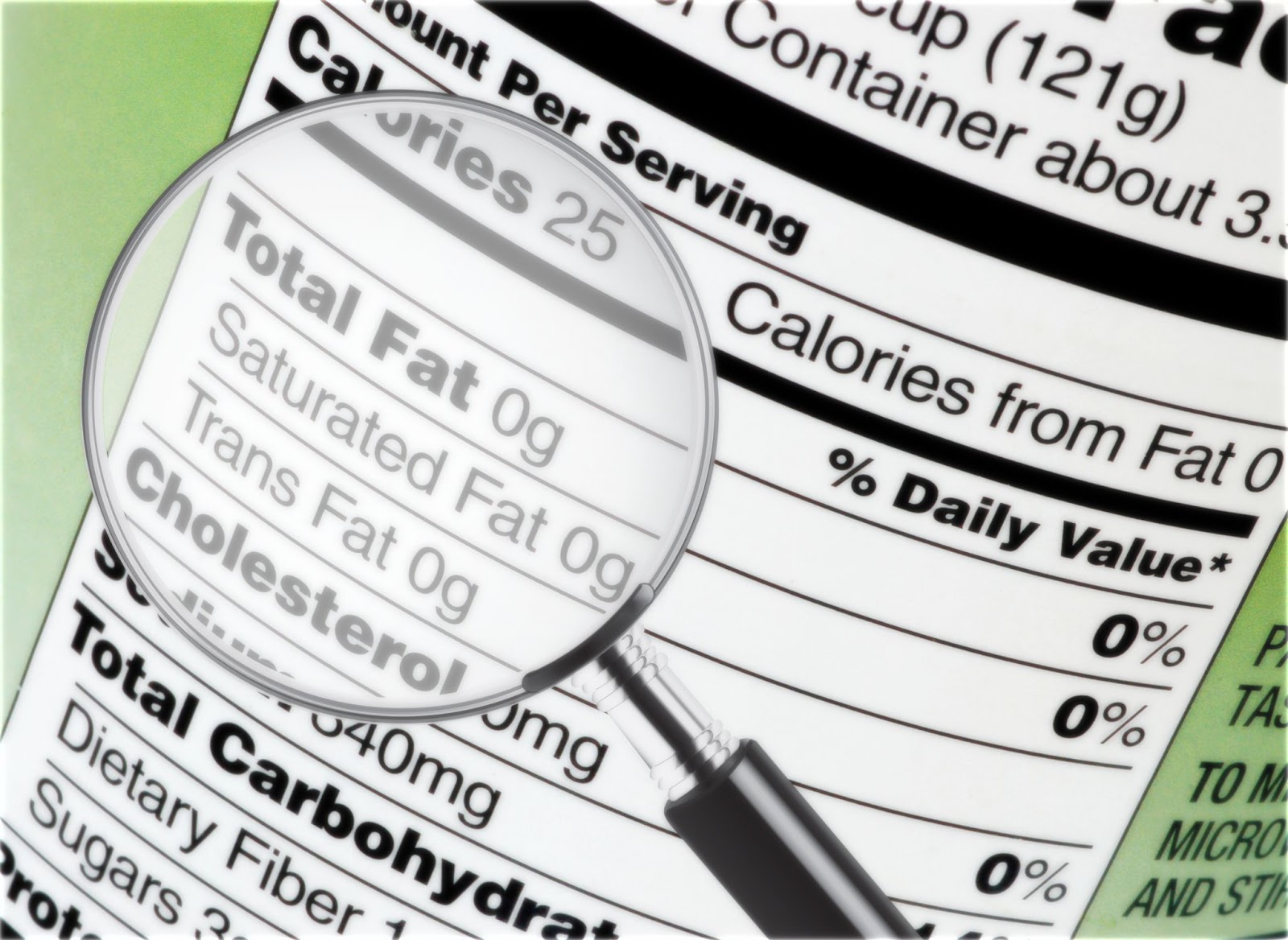
One is much better for your health than the other…

Story-At-a-Glance
Matt Cook here, and have we been lied to for years about saturated and polyunsaturated fats?
One is very bad for you…
And the other is actually healthy and can add decades to your life.
Here are the facts from real scientific studies — shocking compared to what THEY’VE been telling us…
—-Important Message From Lloyd—-
This gets you “rocky” again right after you blow your load
After an incredible romp in the bed, you might be ready to call it a night…
But what if she’s hoping you could pump her juices a little longer?
Well, you could chill out a little… and wait 30 to 60 minutes. Or longer…
Or you could do this, and be instantly “rocky” and ready to pound her again…
———-
Do you know about these harmful fats? Are you eating them regularly?
Saturated fats have been demonized in the media for decades.
We have been told to cut back on saturated fats which come from meat, coconuts, and dairy.
Instead we are told to eat seed and grain oils — AKA “vegetable oil” (agricultural waste).
This “vegetable oil” contains mostly polyunsaturated fats — allegedly healthy — when in reality they are anything but.
Researchers looked at the effect of different diets on hamsters with heart failure.
Animals with more saturated fats and less polyunsaturated fats in the diet lived much longer.

The animal experiments were carried out at the University of Maryland. The results were published in Cardiovascular Research.
Health authorities have been making strong recommendations about dietary fat intake for decades.
Most of them say that people should cut back on saturated fat in order to avoid cardiovascular disease like heart failure.
Yet there is not much support for these recommendations. They are based on theory rather than science.
“The impact of a high-fat diet on the failing heart is unclear, and the differences between polyunsaturated fatty acids (PUFA) and saturated fat have not been assessed.”
To learn more about this researchers carried out some experiments on hamsters.
These were special hamsters with a genetic tendency to develop heart failure.
The researchers created a number of different groups of these hamsters. There were 30 to 35 hamsters in each group.
One group was fed on a standard hamster diet.
Another group was fed a high-fat diet with most of the fat coming from saturated fat like that found in dairy, beef and coconut oil.
The other group were fed with the same amount of fat but this time coming from polyunsaturated fat like that found in vegetable oils.
They then let the animals live out their natural lives on these different diets.
After all the hamsters died the researchers looked at which groups lived the longest and which succumbed to heart failure first.
The animals on the high saturated fat diets lived longest.
The animals on the polyunsaturated fat (PUFA) diets had the shortest lives.
Exactly the opposite of the widely held belief about fats and health.
“Survival was increased by the high saturated fat diet but not with high PUFA diets.”
Lifespan was almost one year in the saturated fat group — 361 days.
In the normal diet group lifespan was closer to 9 months — 278 days.
In the vegetable oil group life decreased by a further 2 weeks — 260 days.
I believe a moderate fat diet is better than a high fat diet…
But this experiment seems to contradict that — the high saturated fat animals did much better than those eating lower fat.
The reason for this has to do with the ratio between saturated and polyunsaturated fats!
Saturated fats protect against damage from polyunsaturated fats — so the ratio of these fats is important for health.
The ratio of saturated fats to polyunsaturated fats was higher (4:1) in the saturated fat group than in the normal diet (lower fat) group (2.5:1).
I believe a moderate fat but low polyunsaturated fat diet is best…
The high fat diets were 65% fat — and animals in both of those groups were 10% fatter than the animals on the normal diet.
“Body mass was modestly elevated (∼10%) in both high fat groups.”
A 10 to 35% fat diet would have kept the animals leaner…
And if the saturated fat to polyunsaturated fat ratio was higher they would probably have lived even longer than 360 days…
Even with a predisposition to heart failure.
At any rate the researchers point out that saturated fats are protective, rather than polyunsaturated fats.
“These results show that a high intake of saturated fat improves survival in heart failure compared with a high PUFA diet or low-fat diet.”
The best fat (saturated) comes from foods like dairy, beef and even coconut oil.
“Vegetable” and fish oil are polyunsaturated trouble.
—-Important Message About Avoiding PUFAs—-
This 45 second activity destroys PUFA toxins on contact
It can be hard to avoid PUFAs — polyunsaturated fats…
I call them killer lipids because they’re so devastating for men’s health and performance.
They’re hiding in all kinds of foods and ingredients, and once they enter our bodies, the toxic poisons leak out.
Fortunately, I’ve found a way to destroy these killer lipids in the body.
So that no matter what I eat, I can be sure to destroy these awful toxic additives BEFORE they enter my bloodstream and travel all around my body…
…polluting my kidneys, my gut, my heart, even my penis…
I call it the Kraepelin method and it destroys the killer lipids on contact.
And it only takes 45 seconds to perform.
———-

High Intake of Saturated Fat, but Not Polyunsaturated Fat, Improves Survival in Heart Failure Despite Persistent Mitochondrial Defects
https://pubmed.ncbi.nlm.nih.gov/21960686/
